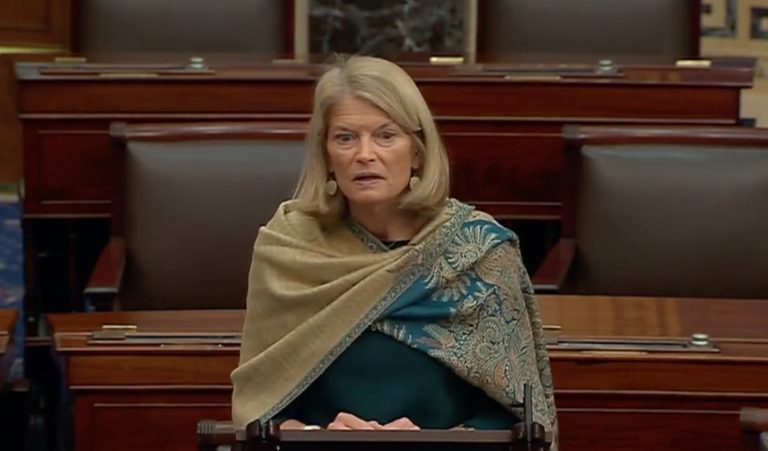After weeks of heated public condemnation over the censorship of a beloved children’s author, Penguin announced on Friday that it will release the original “Roald Dahl Classic Collection,” to keep the author’s classic texts in print in their original format, even while a subsidiary of the publisher is releasing “sanitized” versions of the popular children’s books in order to conform with the goals of “inclusivity, diversity, and equity.”
“These seventeen titles will be published under the Penguin logo, as individual titles in paperback, and will be available later this year. The books will include archive material relevant to each of the stories,” Penguin said in a press release.
Dahl’s books have sold more than 300 million copies and he is considered one of the greatest children’s authors of the 20th century. The British author’s books have been turned into at least 20 movies.
“The Roald Dahl Classic Collection will sit alongside the newly released Puffin Roald Dahl books for young readers, which are designed for children who may be navigating written content independently for the first time. Readers will be free to choose which version of Dahl’s stories they prefer,” the publisher said.
Over the past few months, Penguin has been rewriting hundreds of passages from Dahl’s books to make them more politically correct, removing words like “fat” from every Dahl book, and erasing perceived racial or cultural stereotypes.
The words “black” and “white” have been amputated from all of the new editions of Dahl books, regardless of the context.
Men are no longer “men.” Now they now “people.”
The words “crazy” and “mad” have been eliminated.
In “Charlie and the Chocolate Factory,” written in 1964, the character of Augustus Gloop, is now described as “enormous” rather than “enormously fat,” as Dahl’s had written in the original edition.
In “James and the Giant Peach,” a section reads: “Aunt Sponge was terrifically fat / And tremendously flabby at that.” That was edited by the inclusivity editors to read, “Aunt Sponge was a nasty old brute / And deserved to be squashed by the fruit.”
Somehow it was decided by the editors that using “old” as a pejorative is fine, but describing someone as terrifically fat and flabby is not fine.
Then again, maybe “old” is not a good word in the newspeak of political correctness. In the Dahl book, “Witches,” an “old hag” has been revised to an “old crow.” A supernatural woman posing as normal woman is described by as being someone who is a “top scientist or running a business” rather than a “cashier in a supermarket or typing letters for a businessman,” as Dahl had originally written.
Also, the new inclusivity version puts a disclaimer on a passage that describes witches as secretly bald.
“There are plenty of other reasons why women might wear wigs and there is certainly nothing wrong with that,” the disclaimer says.
“At Puffin we have proudly published Roald Dahl’s stories for more than forty years in partnership with the Roald Dahl Story Company. Their mischievous spirit and his unique storytelling genius have delighted the imaginations of readers across many generations. We’ve listened to the debate over the past week which has reaffirmed the extraordinary power of Roald Dahl’s books and the very real questions around how stories from another era can be kept relevant for each new generation,” said Francesca Dow, of Penguin Random House Children’s Books.











